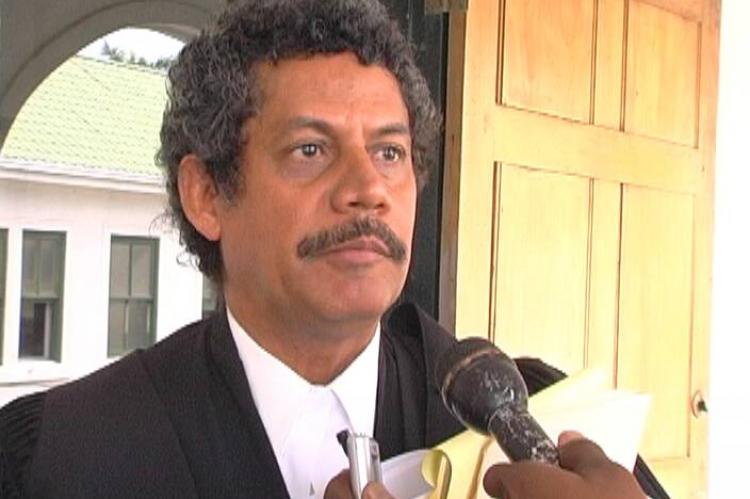Prominent Attorney Criticizes New and Exponential Penalties for Marijuana Trafficking
New and Exponential Penalties for Marijuana Trafficking
By: OMAR SILVA, EDITOR, NATIONAL PERSPECTIVE BELIZE
Belize City: 31st August 2023
In a recent revelation, the legal community has raised alarm over the revised penalties stipulated for individuals charged with marijuana trafficking in Belize. Prominent attorney Dickie Bradley has taken the lead in shedding light on the severe consequences brought about by the newly enacted legislation. These penalties, which encompass imprisonment, fines, and bail considerations, have undergone a significant escalation, prompting Bradley to denounce them as excessive and unreasonable.
Renowned legal expert, Dickie Bradley, who practices as an Attorney at Law, has drawn attention to a little-known legislative development that has far-reaching implications. With minimal public awareness, amendments to penalties within the Misuse of Drugs Act have been introduced, targeting all types of illicit substances, including marijuana. Bradley notes that this legal alteration has been executed without adequate pre-announcement or media coverage, leaving citizens and even legal professionals unaware of the changes. Moreover, he highlights the foreign composition of the Supreme Court, emphasizing that the judicial body now has the authority to impose fines of up to one million Belize dollars.
Bradley's concern extends beyond the general scope of drug-related penalties to the specific ramifications faced by individuals involved in marijuana trafficking. Notably, the legislation designates possession of over sixty grams of marijuana as an act of drug trafficking. This redefinition automatically subjects the offender to severe consequences, including a monetary fine and a prison sentence. The financial penalty is established at $10,000 in cash, accompanied by a mandatory three-year incarceration period. An additional disconcerting provision dictates that failing to remit the $10,000 fine within the specified time frame results in an extended prison sentence of an extra three years. Notably, this represents a departure from the previous legal framework.
Bradley's criticism extends to the lack of proportionality in the penalties for marijuana trafficking. He suggests that a more reasonable approach would involve setting a higher threshold for classifying an individual as a drug trafficker. Proposing an amendment to raise the limit to 500 grams, Bradley argues that such a modification would align with a more progressive stance. He also raises concerns about the motive behind these stringent penalties, suggesting that the government's interest in generating revenue might be influencing the severity of the punishments.
The attorney further emphasizes the absence of public communication surrounding these legislative changes. He asserts that a transparent and responsible government would have taken steps to engage with the citizenry and inform them of the modifications to the law. Bradley's overarching sentiment is one of disbelief and frustration, as he decries the sudden and significant shift in penalties related to marijuana trafficking without proper notification or justification.
In conclusion, the legal community, led by Dickie Bradley, is taking issue with the recently implemented penalties for marijuana trafficking in Belize. The attorney's criticisms highlight the lack of awareness, the disproportionate nature of the penalties, and the absence of transparent communication from the government. As these concerns come to the fore, it remains to be seen whether there will be any reconsideration or amendments to address the issues raised.
- Log in to post comments

